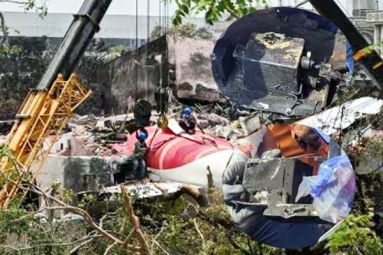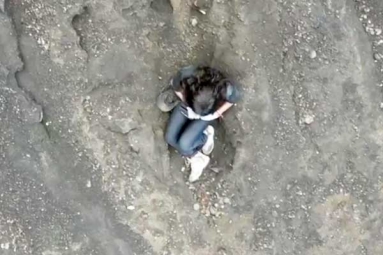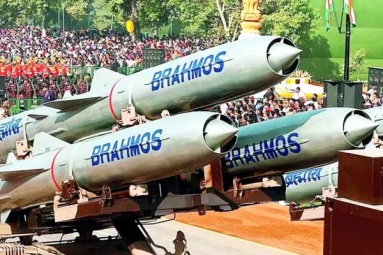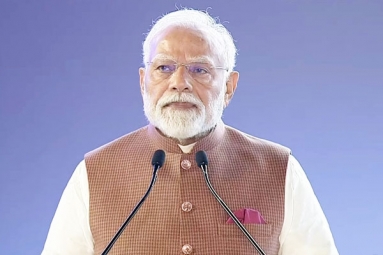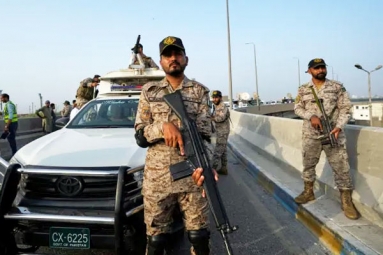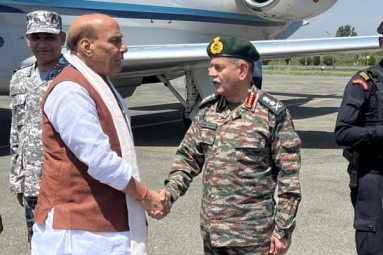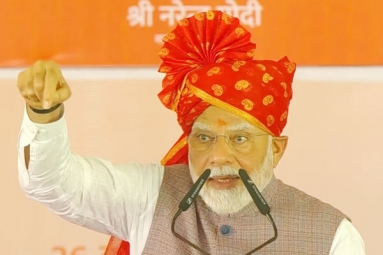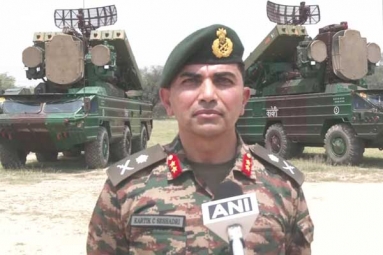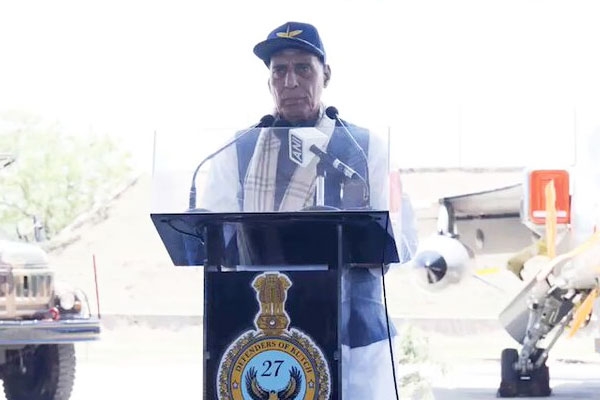
(Image source from: Twitter.com/rajnathsingh)
On Friday, Defence Minister Rajnath Singh issued a serious warning concerning the intentions of the Pakistani government, specifically its plan to allocate a portion of tax revenues collected from its citizens to provide Rs 14 crore to Masood Azhar. Azhar, a figure designated as an 'international terrorist' by the United Nations, leads the banned organization Jaish-e-Mohammed, which was responsible for the attacks in Pulwama in 2019 and Uri in 2016. Singh highlighted this concern by stating that Pakistan has commenced the reconstruction of terrorist infrastructures that were dismantled by India during Operation Sindoor. This operation was India's military reaction to a terror attack in Pahalgam on April 22, perpetrated by the Lashkar-e-Taiba, another Pakistan-based militant group. The Defence Minister asserted that the funds for this reconstruction would come from the $2.1 billion aid package that Pakistan is set to receive from the International Monetary Fund.
During his address to troops at a military base in Bhuj, Gujarat, Mr. Singh remarked, "Pakistan intends to utilize collected taxes to give Rs 14 crore to Masood Azhar, the leader of the Jaish terrorist outfit, despite his status as a UN-designated terrorist. The Pakistani government has also declared its intention to provide financial support for rebuilding the terror networks of Lashkar and Jaish located in Muridke and Bahawalpur." His pointed remarks come in light of India's concerns regarding IMF bailouts for Pakistan, which is accused of fostering terrorist activities against India. Singh added, "The IMF's aid to Pakistan serves as a form of indirect funding for terrorism. Any financial support extended to Pakistan ultimately facilitates terror activities, and the IMF should reassess its decision."
In the previous week, India voiced its opposition to the IMF's proposal for fresh loans amounting to $2.3 billion for Pakistan, issuing a warning that these funds could be misappropriated for state-sponsored cross-border terrorism. Although India abstained from the voting process on this proposal, it was still approved. Back in 2018, Pakistan was placed on the Financial Action Task Force's 'grey list', a global entity that monitors financing related to terrorism and money laundering, and it was taken off this list in 2022. The FATF acknowledged that the Pakistani government had made reasonable improvements to its anti-money laundering framework and made strides in countering terror financing while addressing technical shortcomings. Remaining on the 'grey list' hindered Pakistan’s access to assistance from international financial bodies such as the IMF. India, one of the 40 members of the FATF, strongly opposed Pakistan’s removal from the 'grey list', arguing that Islamabad continues to shelter terrorists and fund their organizations.
This matter has also been raised in other international venues, including the United Nations and the UN Security Council, which posed challenging questions to Pakistan following the Pahalgam incident. Muridke and Bahawalpur were notable targets in India's Operation Sindoor, with the former situated roughly 40 kilometers north of Lahore, serving as the headquarters and a significant training camp for the Lashkar group. In contrast, Bahawalpur, located in Punjab province, functioned as the headquarters for Jaish. Indian intelligence indicated that the facility in Muridke spanned 200 acres, containing training zones, indoctrination centers, and necessary logistical support infrastructure, making both locations prime targets.
Prime Minister Narendra Modi praised the attack on Muridke, characterizing it as a clear assault on what he termed the "terror nursery of Pakistan." Similarly, the operation in Bahawalpur resulted in the deaths of ten individuals from Masood Azhar’s family, which included his sister and her husband, his nephew and his wife, as well as four associates. The leader of Jaish expressed, in a statement, that he feels neither remorse nor despair. Operation Sindoor, marking India’s first tri-service initiative since the 1971 conflict with Pakistan, targeted terrorist camps located in Pakistan-occupied Kashmir. The mission also saw the Indian military successfully countering Pakistani Army retaliations, which involved missiles and drones aimed at civilian areas.
Military action between India and Pakistan came to a halt on May 10 due to a ceasefire agreement. On Monday, during his initial address following Operation Sindoor, Prime Minister Modi issued a warning to Pakistan, indicating that India would launch further strikes to secure its territory, asserting that India’s approach to combatting terrorism has evolved. He further stated that discussions with Pakistan regarding Kashmir would only occur in efforts to dismantle the terrorist framework within that nation and to facilitate the return of Kashmir that is under illegal occupation.







